The United Nations’ Momentum for Change awards shine a light on some of the most innovative, scalable and replicable examples of what people around the world are doing to tackle climate change.
Sixteen initiatives have been announced as winners of the 2015 awards, and calling them inspiring would be an understatement! The Momentum for Change initiative is part of a wider effort to mobilise action and ambition toward adopting a new universal climate agreement in Paris at COP21.
You can see the full list of winners here, and we’ve highlighted some of our favourites below.
1. Pay-as-you-go Home Solar Energy System in Sub‐Saharan Africa
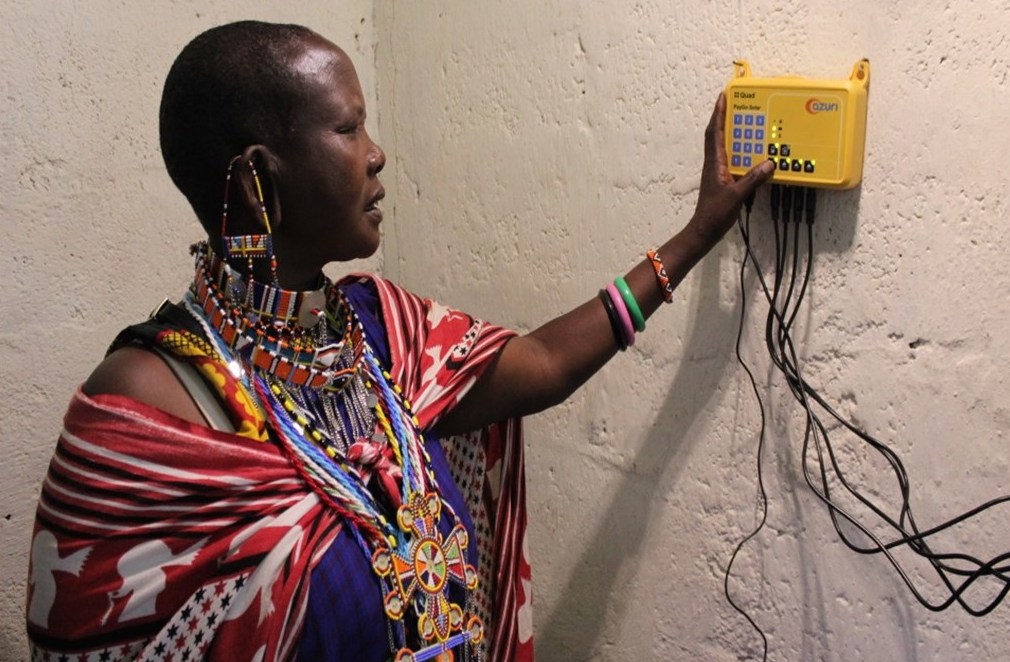
Azuri PayGo Energy combines solar and mobile phone technology to bring clean energy to people living in Sub‐Saharan Africa. The pay‐as‐you‐go solar home system provides eight hours of emission‐free lighting each day and enough power to charge mobile phones. Users can top up their unit by using through using a scratch card or mobile money service, resulting in cuts to weekly energy spending of up to 50%.
2. Enabling Farmers to Adapt to Climate Change in Uganda
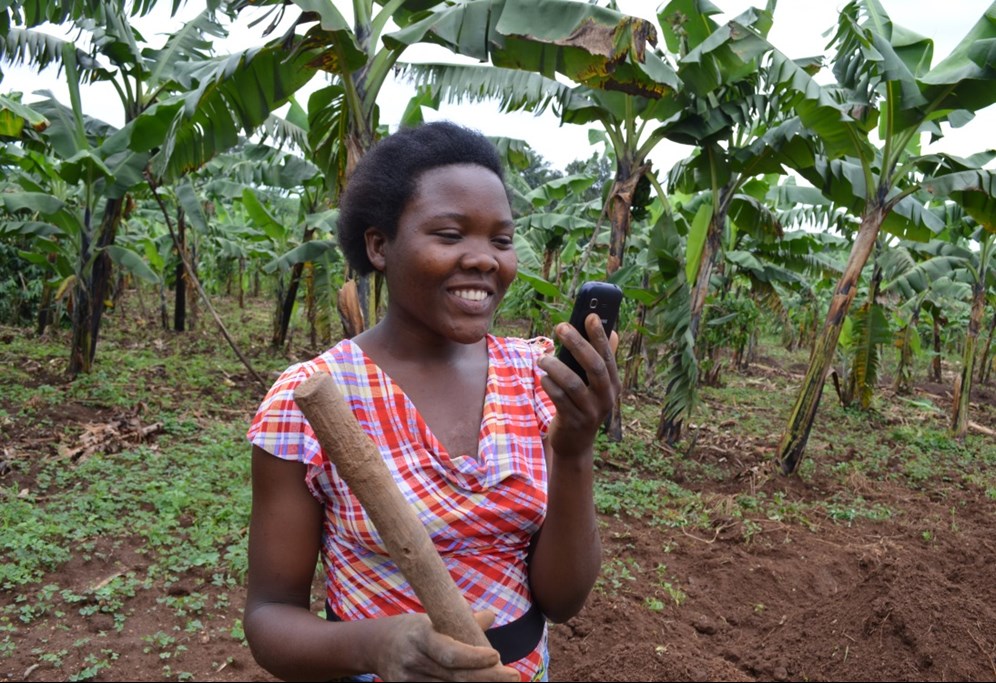
The Enabling Farmers to Adapt to Climate Change project uses a set of digital tools to collect, analyse and send out agricultural advisories, crop and livestock market information and weather data to Ugandan farmers. More than 100,000 farmers now receive climate change adaptation information via mobile phone, including weather forecasts, agricultural advisories and guidance on harvesting techniques and extreme weather coping mechanisms.
3. Saving Mangroves and Cutting Emissions in Guinea
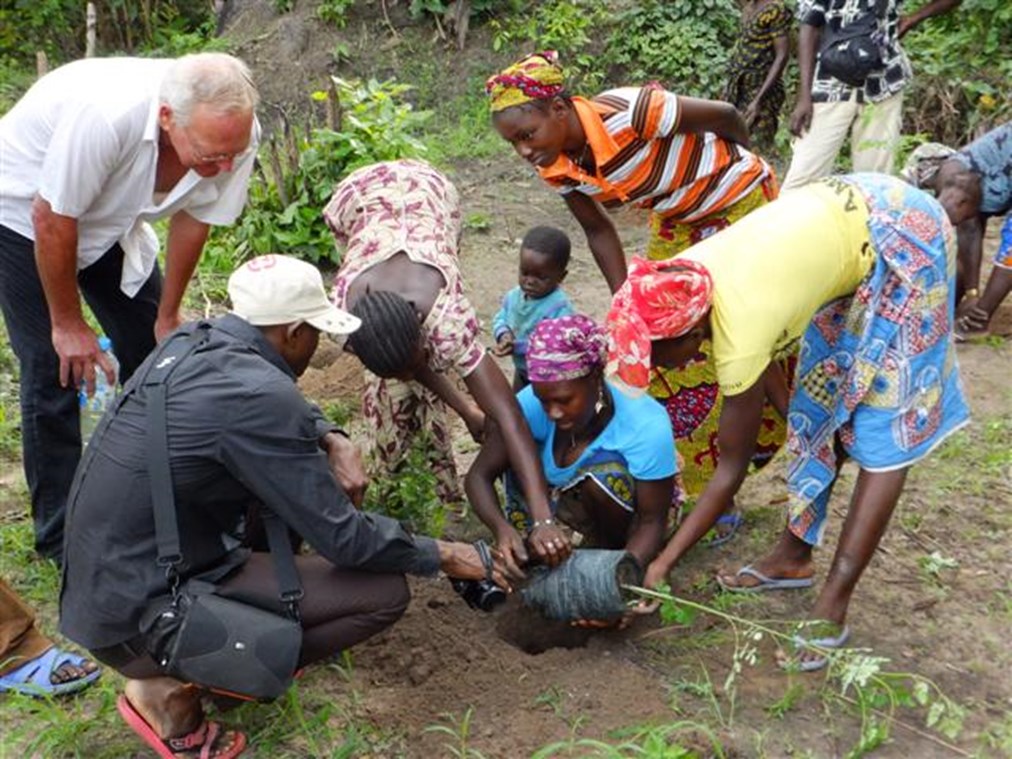
The Planting Trees to Save the Mangrove initiative is run by women-led cooperatives in Guinea, who reduce the deforestation of mangrove wood and cut emissions by introducing solar driers to dry and smoke fish. They also plant fast-growing Moringa trees to reforest the area and create a sustainable source of income from the nutritionally dense leaves and water-purifying seeds.
4. Microfinanced Solar Home Systems in Rwanda and Tanzania
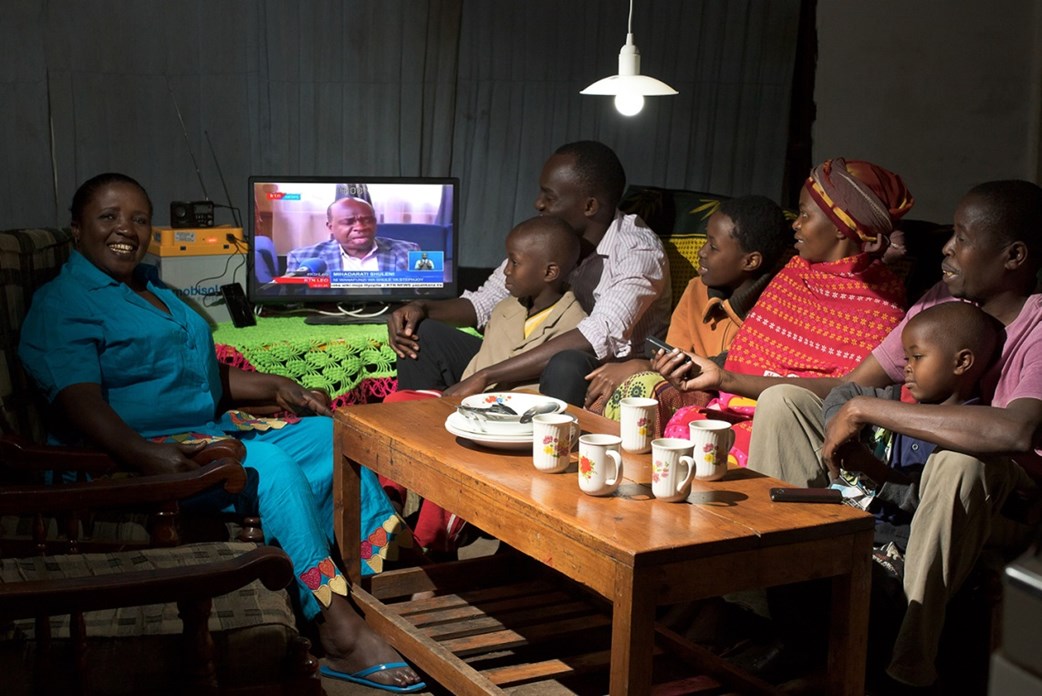
Mobisol Smart Solar Homes is a rent-to-own service in Rwanda and Tanzania that lowers the barrier to buying solar home systems upfront by allowing customers to pay the system off in 36 monthly installments . Each system can be monitored remotely. Generation and consumption of electricity are tracked in real-time, and customers can sell excess energy for profit.
5. Solar Market Gardens in Benin
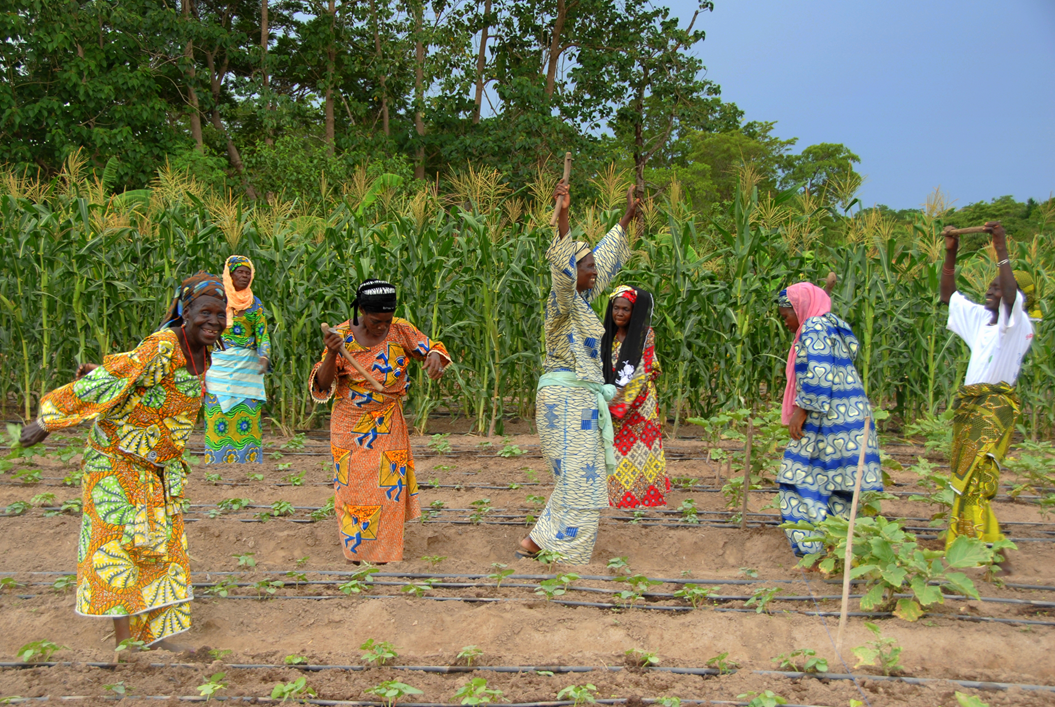
The SELF (Solar Electric Light Fund) Solar Market Gardens project combines solar-powered pumps with drip irrigation systems to provide a reliable, cost-effective, renewable supply of water for the production of high-value, nutritious produce throughout the year, even during the dry season.
6. Mapping Exposure to Sea Level Rise in the Pacific
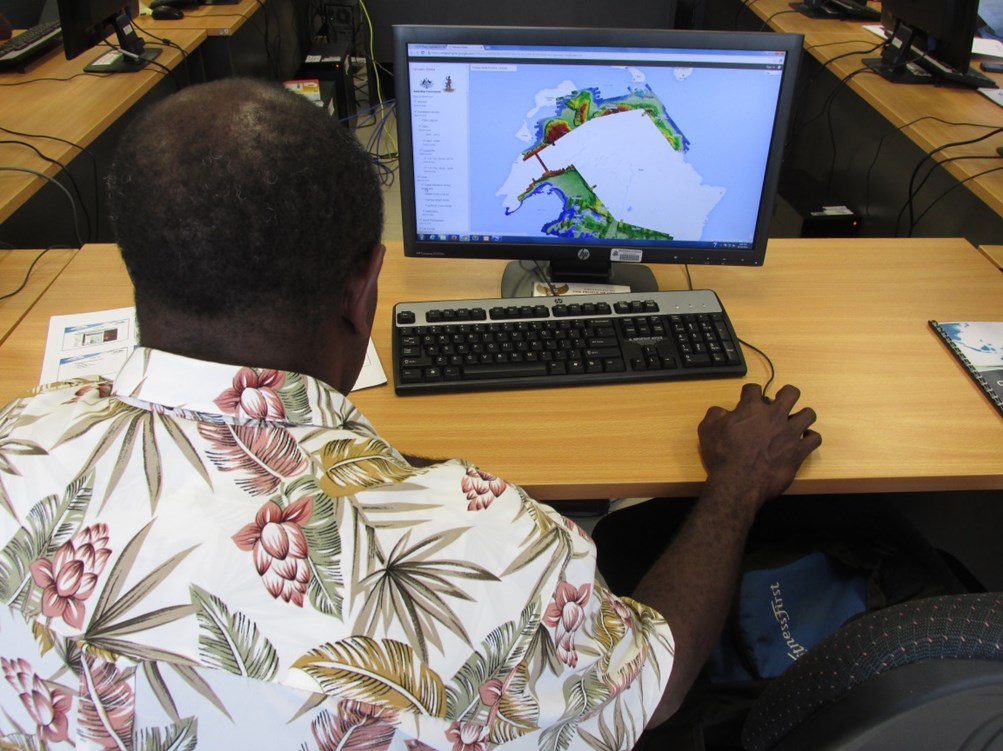
Mapping Exposure to Sea Level Rise is an initiative helping Pacific Island countries prepare for and adapt to sea level rise brought about by climate change. This project provides the fundamental data, skills and tools that at-risk communities need to make planning decisions. It trains government decision-makers to use online tools and flood maps to understand and mitigate the risks of sea level rise. Using these maps, governments can better understand and communicate climate change risk to local communities and put adaptation plans in place.
7. Solar Water Heating and Treatment Systems in Kenya
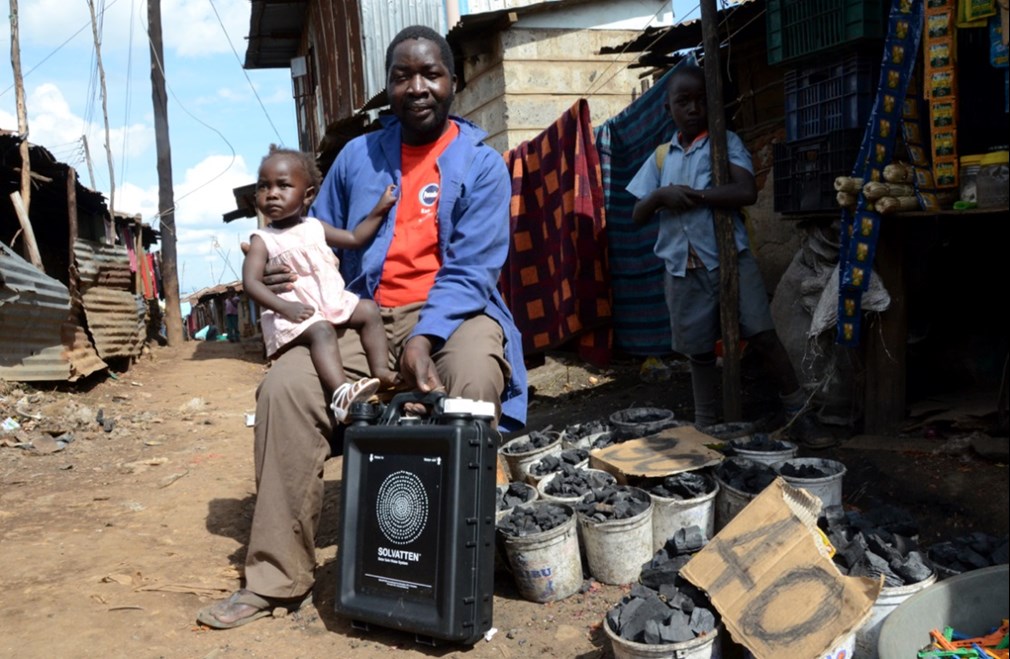
Solvatten Solar Safe Water Heater is a dual water treatment and solar water heating system that is tackling climate change and improving lives in Kenya’s urban slums. The device utilises the sun to heat water, and is capable of rendering highly contaminated water drinkable in a few hours. The water heater improves health, increases renewable energy usage and gives access to safe water, while lifting people out of poverty.
8. Harvesting Geothermal Energy for Agricultural Production in El Salvador
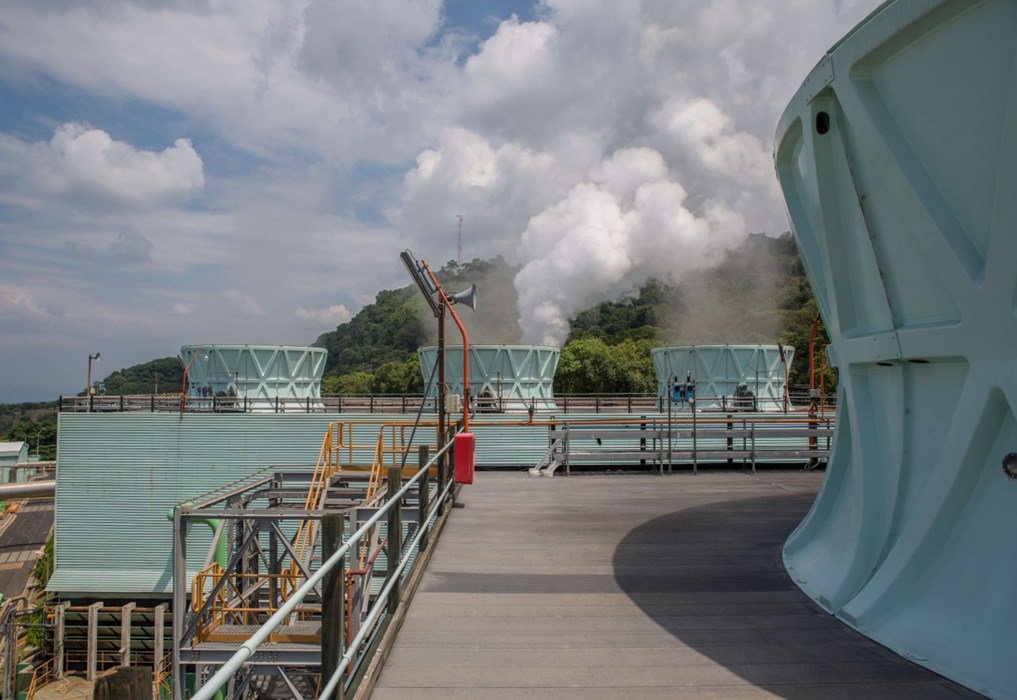
The Harvesting Geothermal Energy project provides women from rural communities in El Salvador with waste heat and steam condensates from nearby geothermal plants. The women are able to dehydrate fruit for commercial sale using the waste-heat, and grow and sell plants watered with geothermal condensates.
9. Electric Vehicle Charging Corridors
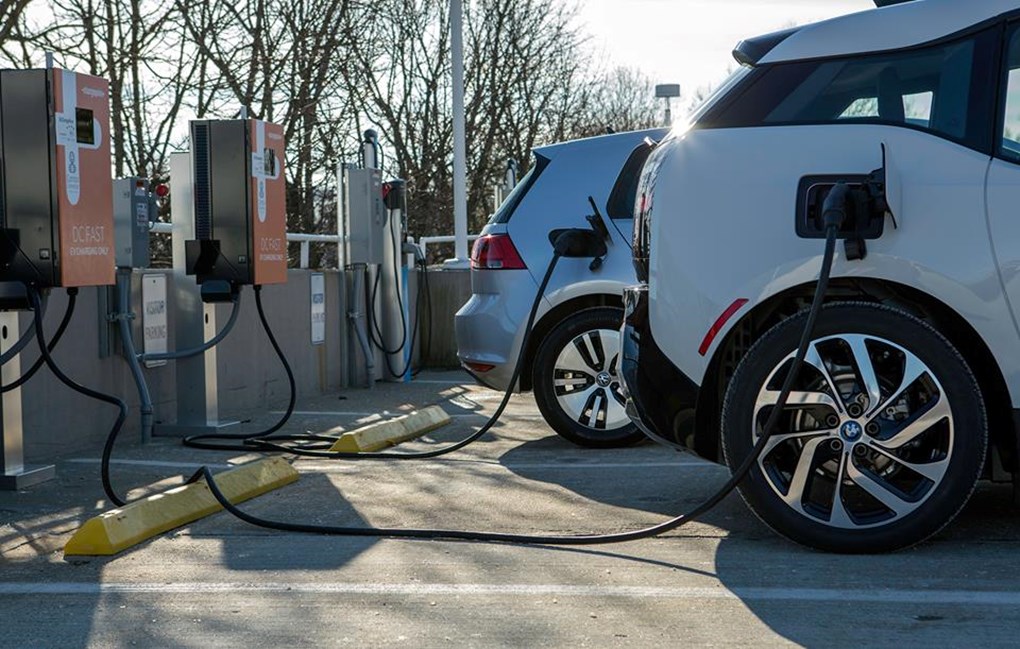
ChargePoint, the world’s largest EV charging network, has provided over 25,000 EV charging stations across the US with a focus on major transport corridors. This, alongside integration to smart phone apps, has significantly improved the ability of EV drivers to connect to power.
10. Emerging and Sustainable Cities Initiative
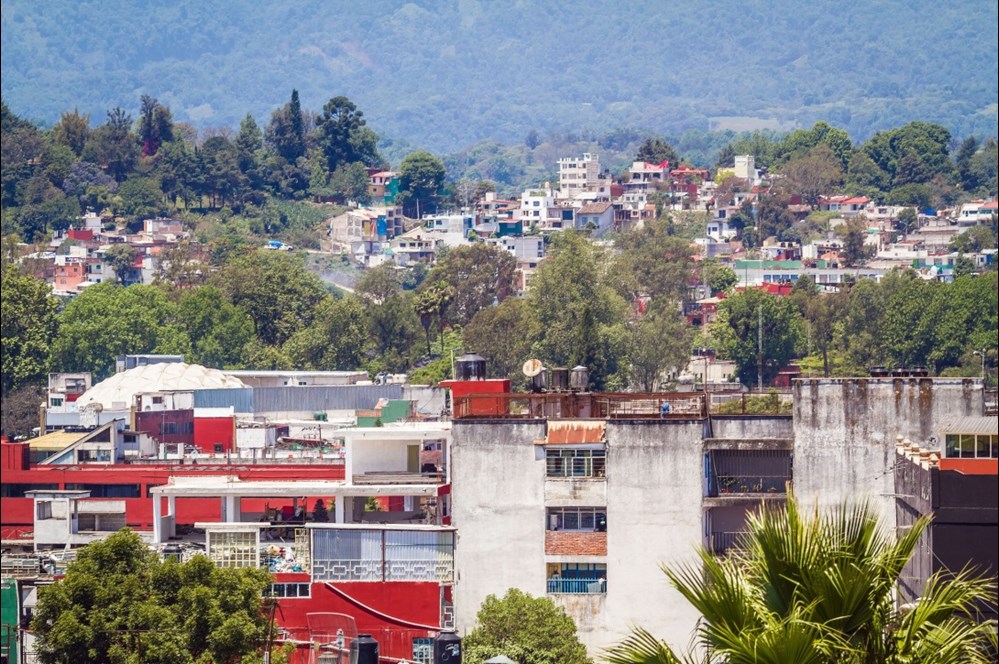
The Emerging and Sustainable Cities Initiative (ESCI) seeks to build greater capacity for sustainable development and renewable energy investment in high-growth cities in the Caribbean and Latin America. By developing planning tools like greenhouse gas inventories and risk maps, ESCI helps mainstream climate change into city planning.
Read more about the Momentum for Change awards winners here.